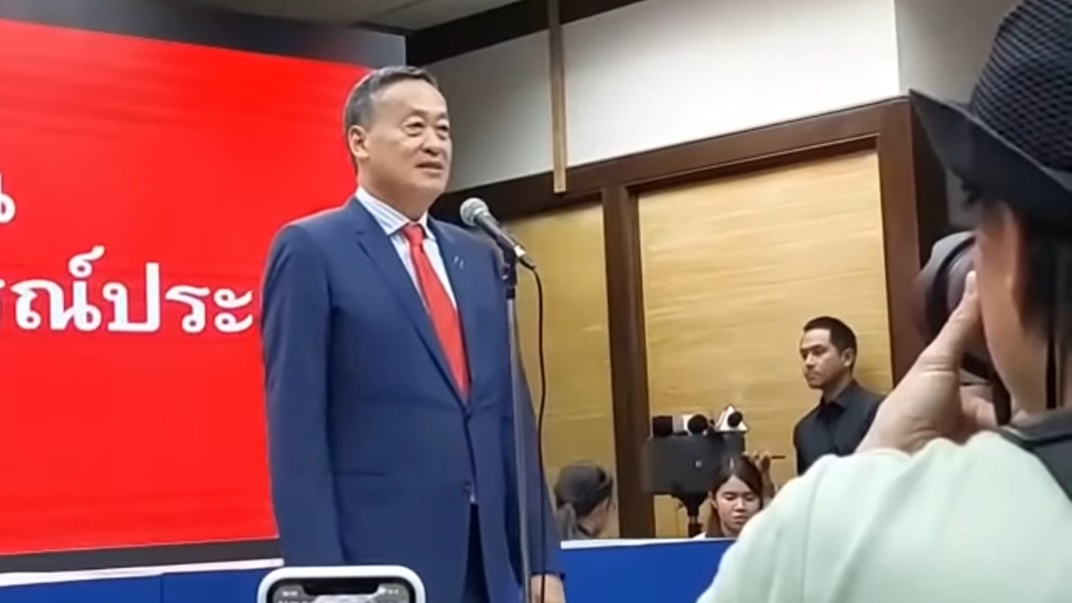Prime Minister Srettha Thavisin’s recent expedition to Phuket and Phang Nga comes at a juncture when Thailand is ardently channeling efforts to rejuvenate its tourism sector, a vital vein of the local economy.
Marking his second tour in just over a month, the visit epitomizes the government’s unwavering resolve to eradicate infrastructural impediments that have been stifling the tourism landscape.
The Prime Minister, during his tour, vehemently pointed out the urgent need to untangle the traffic snarls that have been a scourge for Phuket, potentially thwarting a massive influx of tourists.
Rising to the occasion, the Ministry of Transport has unfurled a well-orchestrated plan targeting immediate enhancements on three to four pivotal roadways.
The blueprint comprises tunnelling through mountains and forging alternative routes from the city to Phuket airport, coupled with several smaller routes designed to alleviate traffic congestion, thereby facilitating seamless transit for both citizens and tourists.
A significant milestone was the laying of the groundwork for the Andaman International Airport during his visit to Khok Kloi subdistrict in Phang Nga.
This grandiose project, sprawling over 7,000 acres, is tailored to serve the escalating populace in Phuket, Phang Nga, Krabi, and Ranong.
With an objective to host a plethora of flights, the Andaman International Airport project is steaming ahead with land reclamation procedures slated to culminate within the ensuing 18 months.
With an eye on the fourth quarter tourism, the synergy between the National Police Office and airport authorities to facilitate riders’ access to tourists right at the gate post-luggage claim is commendable.
This initiative significantly trims down the distance tourists have to traverse to access public transportation, marking a substantive stride in augmenting the ease of travel.
The Visa Exemption scheme for Chinese and Kazakhstani nationals from September 25, 2022, to February 29, 2023, has already heralded a positive trajectory with an 80% surge in Chinese tourist arrivals.
This initiative showcases a triumphant collaborative endeavor among all stakeholder organizations, with the government’s appreciation for every unit’s dedication resonating unequivocally.
A noteworthy discourse is the contemplation to extend the operational hours of entertainment venues in Patong to 4 am, earmarked as zoning.
Although this proposal is still under the purview of the security department, it mirrors the government’s openness to weigh the merits and demerits in an attempt to create a conducive atmosphere for tourism.
Encapsulating the government’s ethos, Prime Minister Srettha Thavisin remarked, “We are a government from the people, for the people from every province, regardless of political affiliation. Phuket is a crucial cog in stimulating the economy, and we are ready to frequent more, to resolve various issues.”
The diligent strides to mollify infrastructural and procedural snags are emblematic of a broader governmental vision aspiring to invigorate a robust tourism sector.
The actions unfurled in Phuket and Phang Nga are not fleeting measures, but form a robust foundation for a sustainable tourism ecosystem, auguring well for a radiant future for Thailand’s tourism and, by extension, its economic tapestry.
